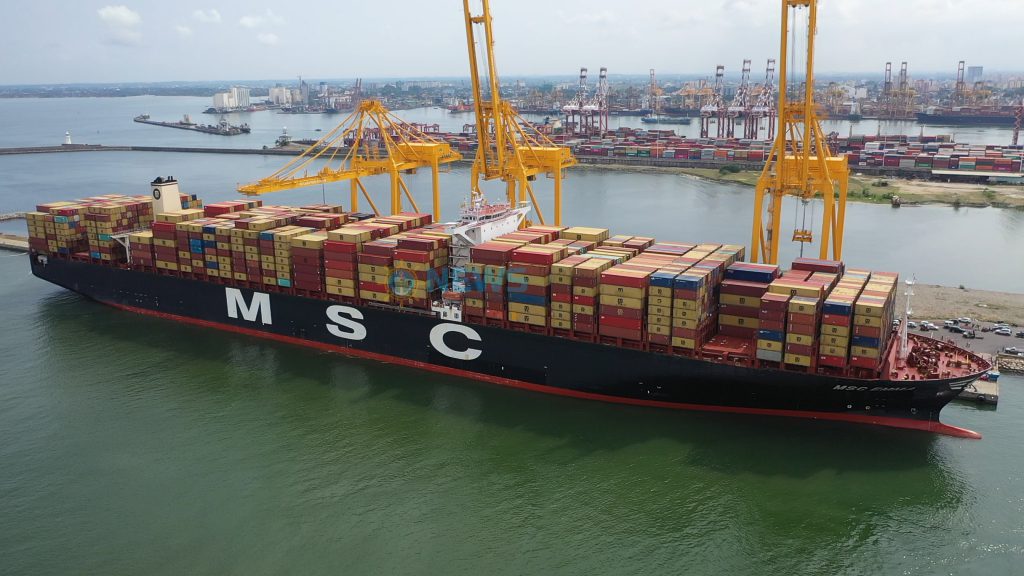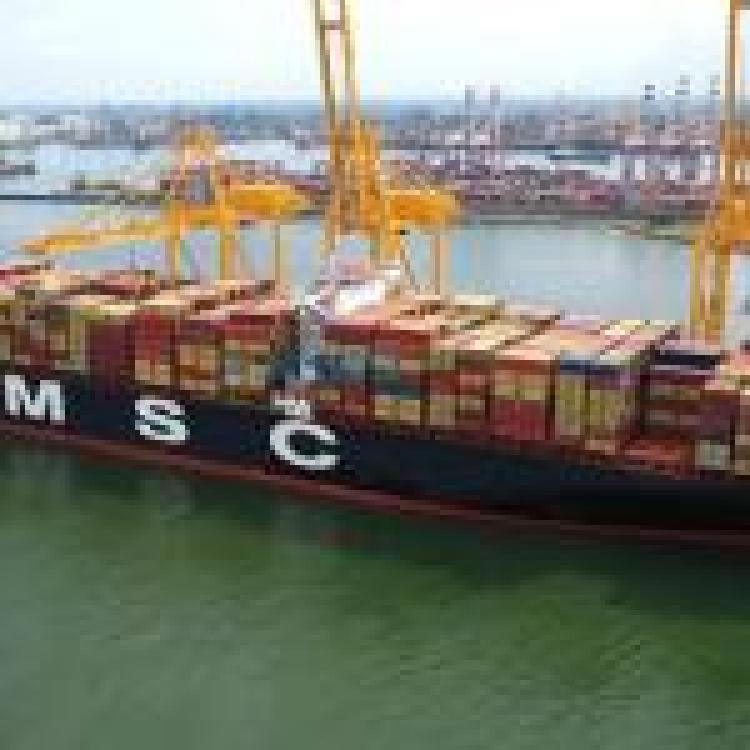
The Sri Lankan government is reportedly under “great pressure” to “concede” the development of the East Container Terminal (ECT) at the Colombo Port to India, according to the National Union of Seafarers Sri Lanka.
The development of the port was initially agreed in May 2019 by the previous Sri Lankan regime, when former prime minister Ranil Wickremesinghe signed a memorandum of cooperation (MoC) with India and Japan to upgrade the terminal. The deal would have allowed the Sri Lanka Ports Authority (SLPA) to retain full ownership, whilst India and Japan had a 49% stake in running the terminal.
Earlier this year Sri Lanka’s prime minister Mahinda Rajapaksa announced the formation of a committee to examine the $700 million dollar deal between Colombo and New Delhi, after pressure from trade unions provoked long-standing anti-Indian sentiment. Sinhala nationalist groups have longed voiced their objecting to any “foreign involvement”.
“Colombo seems to be under great pressure from New Delhi to go ahead with this project. We think our government will concede,” Palitha Athukorala, president of the National Union of Seafarers Sri Lanka, told The Hindu.
Over 70% of the transhipment business at the ECT comes from India.
The Sri Lankan authorities however have remained tight lipped about the future of the port.
“The matter would be discussed at the government level, but the SLPA is not aware of any such development,” former army general and current SLPA chairman R. M. Daya Ratnayake, told The Hindu.
Sri Lankan Cabinet spokesman Keheliya Rambukwella also stated that “the government has appointed a committee of experts to evaluate the different options to upgrade the Port, but there is no final decision yet”.
"We heard that there is a lot of pressure from India over this project,” Shyamal Sumanarathna, secretary of the Ports, Commerce Industries and Progressive Workers Union told the Nikkei Asian Review earlier this year. “But we are not a province of India, we are a sovereign nation and we do not need to dance to their tunes.”


